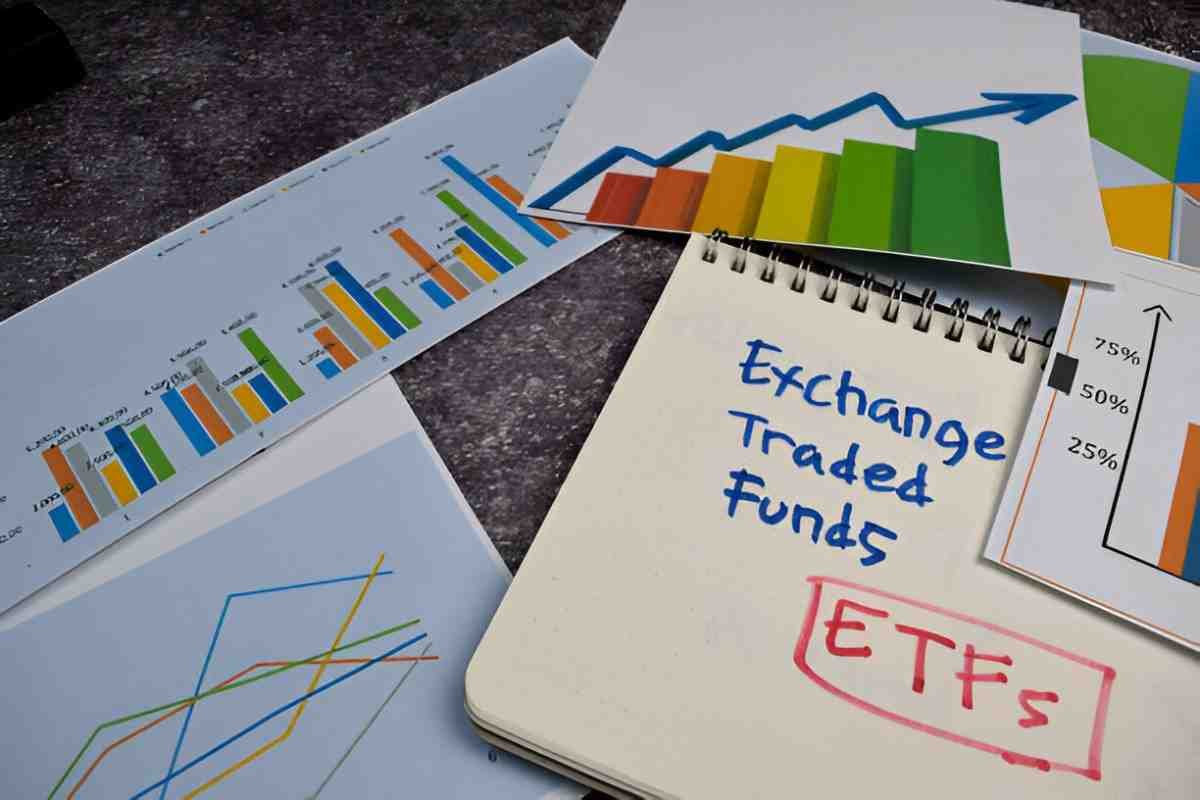As an investor looking to diversify beyond US markets, I often face the question: Are ETFs better than mutual funds when investing overseas? The answer depends on costs, tax efficiency, liquidity, and investment strategy. In this article, I break down the key differences, advantages, and drawbacks of each to help you decide.
Table of Contents
Understanding ETFs and Mutual Funds
Before comparing them, I need to define both investment vehicles:
- Exchange-Traded Funds (ETFs): Trade like stocks, track an index, and have intraday pricing.
- Mutual Funds: Pooled investments managed actively or passively, priced once per day.
Both offer exposure to international markets, but their structures differ significantly.
Cost Comparison: Expense Ratios and Hidden Fees
One of the biggest factors in long-term returns is cost. Let’s compare:
1. Expense Ratios
ETFs generally have lower expense ratios than mutual funds. According to Morningstar (2023), the average expense ratio for international equity ETFs is 0.44%, while mutual funds average 0.94%.
| Fund Type | Average Expense Ratio |
|---|---|
| International ETFs | 0.44% |
| International Mutual Funds | 0.94% |
Over 20 years, a 1% difference in fees can significantly erode returns. Using the future value formula:
FV = PV \times (1 + r - ER)^nWhere:
- FV = Future Value
- PV = Present Value
- r = Annual Return
- ER = Expense Ratio
- n = Number of Years
If I invest $10,000 at 7% annual return, the difference between a 0.44% and 0.94% expense ratio over 30 years is:
- ETF (0.44% fee): FV = 10,000 \times (1 + 0.07 - 0.0044)^{30} = \$66,439
- Mutual Fund (0.94% fee): FV = 10,000 \times (1 + 0.07 - 0.0094)^{30} = \$57,434
The ETF saves me $9,005 in fees.
2. Transaction Costs & Load Fees
Many mutual funds charge sales loads (up to 5.75%) or redemption fees. ETFs trade commission-free on most platforms (e.g., Schwab, Fidelity).
Tax Efficiency: ETFs Have an Edge
ETFs are typically more tax-efficient due to their in-kind creation/redemption mechanism, which minimizes capital gains distributions. Mutual funds often distribute taxable capital gains annually.
For example, in 2022, Vanguard Total International Stock ETF (VXUS) had a 0% capital gains distribution, while American Funds EuroPacific Growth (AEPGX) distributed 3.2% in capital gains.
Liquidity and Trading Flexibility
ETFs trade throughout the day, allowing me to:
- Set limit orders
- Hedge with options
- React to intraday market movements
Mutual funds settle only after market close, which can be a disadvantage in volatile markets.
However, some less-liquid international ETFs (e.g., emerging market small-cap funds) may have wide bid-ask spreads, increasing trading costs.
Currency Risk and Hedging
Both ETFs and mutual funds expose me to currency fluctuations. Some funds hedge currency risk, but hedging costs can eat into returns.
For example, iShares Currency Hedged MSCI EAFE ETF (HEFA) uses forward contracts to neutralize FX risk, but its expense ratio (0.35%) is higher than its unhedged counterpart (EFA at 0.32%).
Active vs. Passive Management
Most international ETFs are passive, tracking indices like MSCI EAFE. Many mutual funds are actively managed, aiming to outperform benchmarks.
Historically, most active funds underperform their benchmarks. SPIVA data shows that 85% of international equity funds underperformed their index over 15 years.
Accessibility and Minimum Investments
ETFs have no minimum investment—I can buy a single share. Many mutual funds require $1,000–$3,000 minimums (e.g., Fidelity International Discovery Fund: $2,500 minimum).
Dividend Reinvestment
Mutual funds automatically reinvest dividends. Some brokerages offer fractional ETF shares, but not all.
Regulatory and Structural Differences
- ETFs: Subject to SEC oversight, transparent holdings.
- Mutual Funds: May face foreign tax withholding issues.
Final Verdict: Which is Better for International Investing?
| Factor | ETFs ✅ | Mutual Funds ❌ |
|---|---|---|
| Cost | Lower fees | Higher fees |
| Tax Efficiency | More efficient | Less efficient |
| Liquidity | Intraday trading | End-of-day pricing |
| Accessibility | No minimums | Often high minimums |
| Active Management | Rare | Common |
When to Choose ETFs:
- I want low-cost, tax-efficient exposure.
- I prefer intraday trading flexibility.
- I’m investing smaller amounts.
When to Choose Mutual Funds:
- I want active management (though most fail to outperform).
- I prefer automatic dividend reinvestment.
My Personal Preference
For most investors, ETFs are the better choice due to lower costs, tax efficiency, and flexibility. However, if I strongly believe in an active manager’s strategy, a mutual fund might make sense.





